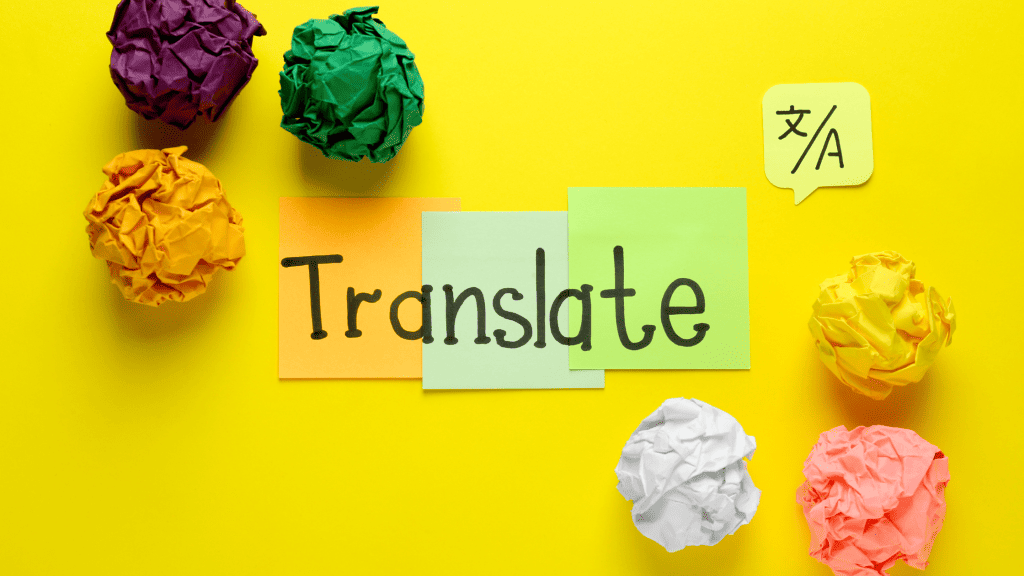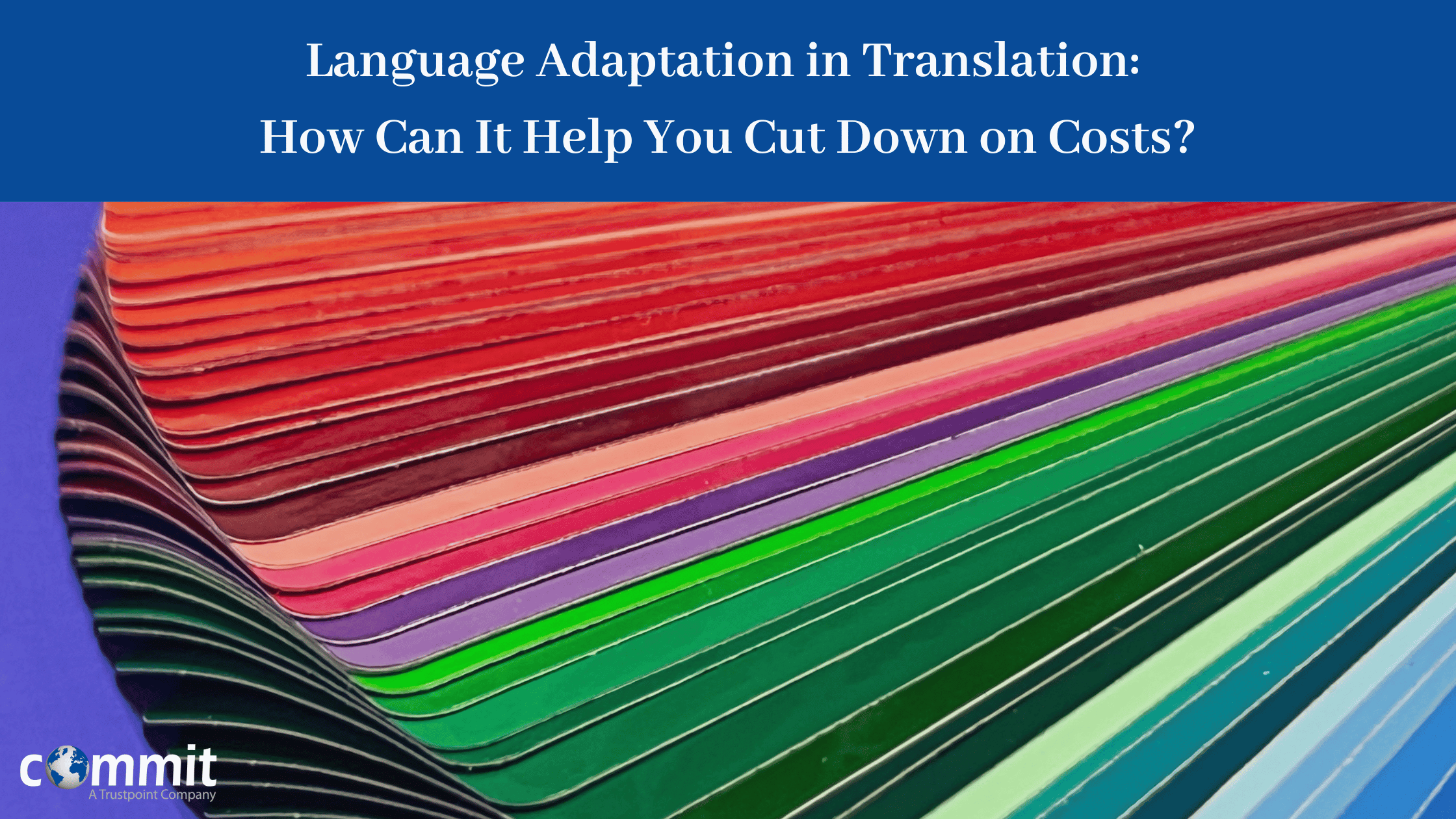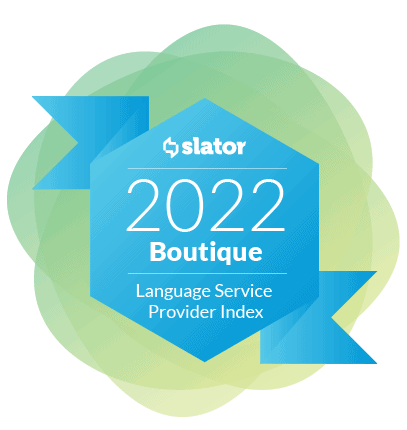|
Listen to Post
|
Listen to this article now:
In today’s world, where technology is everywhere and digital services hold a dominant position, expanding a company’s global reach and catering to customers worldwide has never been easier. Likewise, individuals can easily access services from across the globe. If you’ve ever pondered the question of how to go global, you’ve likely encountered the terms translation and interpretation. Although these terms are sometimes used interchangeably, they actually represent distinct processes, each with its own specific challenges and prerequisites. So, what sets them apart, and how can you determine which service suits your needs or is appropriate for your request?
While translation and interpretation can be considered as twin services, there are significant distinctions between the two. Here are the main key differences:
1. Medium
Translation deals with written text and various formats, whereas interpretation incorporates the live translation of spoken words in a live environment.

2. Timeframe
We all know that time is of the essence and there’s no exception when it comes to these services. Translation, which is the process of translating from a source language (e.g., English) into a target language (e.g., French) requires time and accuracy. There are various factors that can influence the turnaround time, such as volume, context, and use, but generally a translator has sufficient time to produce a new written text with as much accuracy as possible.
With interpretation, which involves translating spoken words into another language, there’s no extension, it happens live on the spot, and the main goal is to convey the meaning of the spoken words and not sticking so much to precision.
3. Resources
Another divergence is the available resources that the professionals in the translation and interpretation field can use and have access to when carrying out their work. Nowadays, translators have plenty of tools and accessible resources to use when handling a text, and usually they will translate on a CAT tool (computer-aided translation tool), where they can also incorporate dictionaries, translation memories, term bases and glossaries.
They can also have reference material that is project-pertinent and might be provided by a specific client that will allow them to grasp a better understanding of the text they are dealing with and aid them to opt for better accuracy and precision, taking into consideration the scope of the project. Texts can differ in content, for example, they can be marketing texts, subtitling scripts, books, official documents, legal documents, medical records, educational documents etc.
On the other hand, interpreters do not use dictionaries, translation memories or term bases when translating live and their main goal is to convey the meaning and not prioritize perfection or accuracy. They can take notes, if the type of interpretation allows it, like in consecutive interpretation, however they need to have excellent memory skills and adapt quickly to the given speech. Nonetheless, they can have reference material before the interpretation event takes place and they need to prepare accordingly in advance. They also need to be tech savvy as they manage technical equipment, however when it comes down to the actual translation process, they carry it out on their own.
Read our article “How to Prepare Interpreters for Your Meeting” for more info.

4. Communication mode
Another difference between these two services is the mode of communication. Translators can either work in-house in any company needing translation services or independently as freelancers. The available time they have to carry out their work allows them to take breaks and revisit the text to ensure coherence and precision.
On the other hand, interpreters usually work in teams or pairs, especially in demanding and challenging environments, such as conferences, courtrooms, or hospitals. Simultaneous interpreters listen to and convey spoken content in real-time, often requiring exceptional concentration and teamwork.
5. Specialization
Translation and interpretation are regarded as extremely specialized fields; however, the areas of specialty may differ. Translators usually specialize in specific domains or industries, such as legal, medical, technical, marketing, or literary translation. Specialization enables them to hone their skills and aptitudes as well as gain deep and important knowledge and nuances in their chosen domains.
Besides industry specialization, interpreters can also specialize in different modes, such as conference interpretation, medical interpretation, whisper interpretation, over-the-phone or legal interpreting. This enables them to target context and particular prerequisites.
Read our article “Types of Interpreting Services and When to Use Them” for more info.

6. Education
Both services require very strong linguistic skills, knowledge and understanding of the source and target language, cultural awareness, and practice, however interpretation may require further postgraduate studies, extensive expertise, training and working experience, as interpreters often need to translate from and to their working language pairs in a live environment.
Bridging Linguistic Divides
To summarize, while both translation and language interpretation aim to bridge linguistic gaps and bring the world closer together by transferring the meaning from one language into another one, certain differentiations exist that set them apart. Their pivotal role in global communication is undisputable, making both services an indispensable part of every business that wants to break its national barrier and reach across the borders to expand and connect with other cultures.
Need help with translation or interpreting? Contact our friendly team today!










